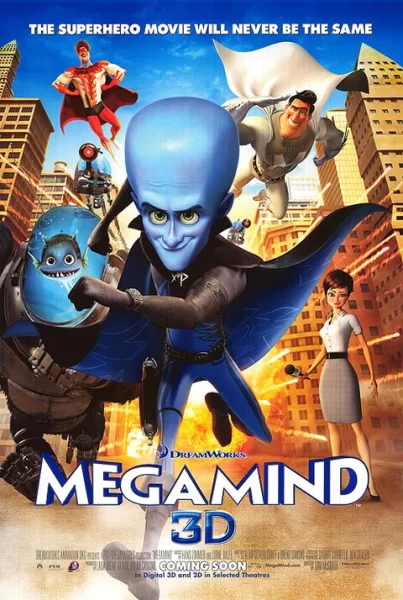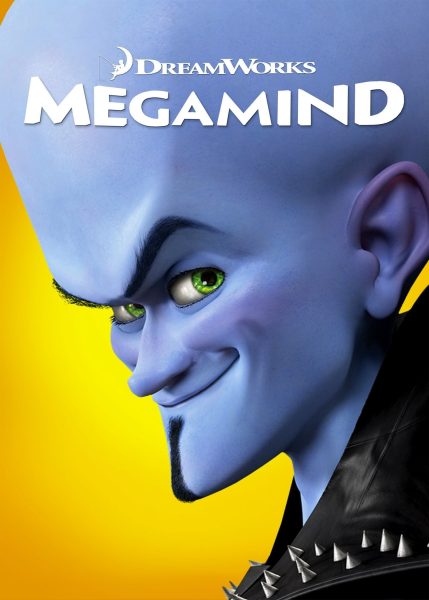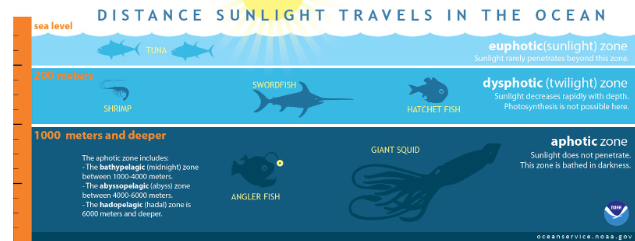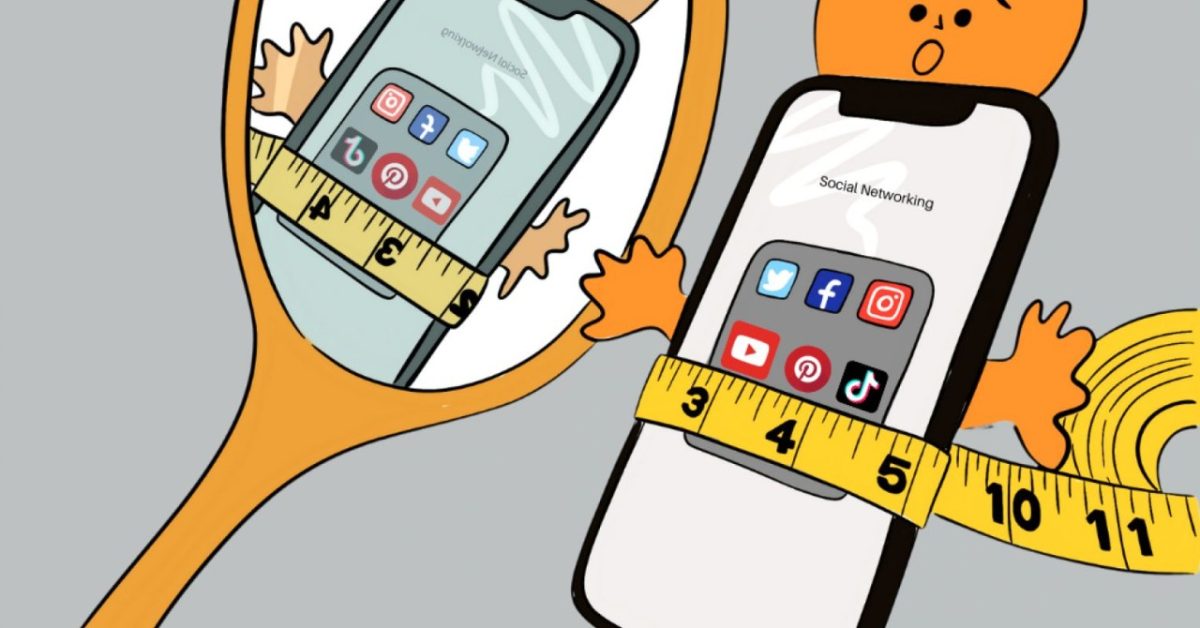On Oct. 30 2010, “Megamind” was released. An animated film by Dreamworks that plays with the concept of hero and villain and how the line between the two can be blurred heavily. Though the movie may have not been a big success at the box office (money-wise), many people hold the movie in high regard, especially in recent times. With its anniversary coming up soon, it seems like the perfect time to look back on the movie and reflect on what makes this movie so good.

Summary
Let’s quickly go over a short plot summary, as a refresher for those who haven’t watched “Megamind” in a while. If you’ve never watched the movie before, here’s a warning: there are spoilers ahead!
The movie follows the titular Megamind, who had a very poor upbringing.He was separated from his parents at birth, landed in jail at a very young age, and went to a school where he was not accepted. From there, he decided to be a villain, rivaled by the hero of the city, Metroman.
In what seems like another one of their standard fights, where Metroman thwarts Megamind easily and saves the city, Megamind’s plan works and Metroman dies. Megamind was confused, his plans usually never worked and so he had never really grappled with the thought of defeating him, but he had no time for that. He had just succeeded in defeating his longtime rival, he had to celebrate. But after enough partying, the feeling fell through, and Megamind began feeling purposeless. Without a Metroman to fight, some grandiose goal to aim for, what was he supposed to do?
To fill the void of his meaning, Megamind decided to create a new rival. Titan, who used to be a relatively normal man named Hal. While Megamind trains Titan on how to be a good superhero, in another form, using his body switching device to have a different appearance, he ends up spending more time with a woman named Roxanne and falls in love with her. Having gained power very suddenly and not really knowing what to do with it, Titan was now in a similar position to Megamind. But it’s how the two decide to use their powers that sets them apart. Titan tries to use his newfound powers to impress Roxanne, who had already expressed that she was not interested in him during the time they worked together in their jobs. When Roxanne inevitably rejects him again, Titan gets angry and uses his powers to wreak havoc on the entire city. When Megamind sees this, he knows that he needs to use his evil gadgets and weapons to prevent Titan from destroying the city and hurting the person he loves.
After a climactic ending battle, Titan is defeated and sent to prison. Megamind and Roxanne celebrate, and the movie ends. So now let’s analyze.
Analysis
“Megamind” has a variety of different themes. One such theme, explored mostly in the first half of the movie, is the loss of purpose. Without Metroman, Megamind felt meaningless. His whole life, he had built up the ultimate goal in his mind, defeating Metroman and taking over the city; but after the initial dopamine rush of finally achieving his dreams, he begins wondering what’s next, now that there is no one else for him to surpass, no more goals to reach up for. Oftentimes in life, what drives us forwards is our aspirations. Our goals, our hopes, our dreams. In real life, some find themselves in a situation like Megamind’s. They build up a goal so much in their mind, use it as their main driving force, that after they finally achieve it, they don’t know what to do. The solution presented by the movie is to find another driving force, something or someone else to live for, as Megamind does when he meets Roxanne.
Another theme in Megamind is self improvement and misusing power. The movie heavily illustrates that anyone can improve themselves and their situation with enough effort, even if they had an awful start in life. Flipping that around, it also shows that having a huge advantage in life does not guarantee you instantly achieve your goals or succeed. You could be given all the tools to succeed, like Hal was when Megamind made him Titan and even mentored him on how to responsibly use his powers, but still mess up by using the tools wrong. Likewise, if you are given none of the tools to succeed, like Megamind, it will be difficult, but you can craft your own through life experience and succeed. This message is applicable to many aspects of life.

The last theme we’ll touch on, arguably the most important, is redemption. Redemption is the central theme of Megamind, and a complex one. Redemption isn’t achieved by performing just one good action after having gone through with many bad ones. This is shown when Roxanne first finds out the man she had been dating was Megamind. Though Megamind was beginning to turn away from the path of evil, no longer terrorizing the city and even cleaning it up, in Roxanne’s eyes, Megamind had yet to truly redeem himself. He had terrorized the city and killed Metroman, (not really but that’s not important for this analysis) a few good deeds wouldn’t undo his previous harmful actions. Megamind was disheartened by this, but when the time came, he stood up to Titan and stopped him from destroying the whole city, not for his own gain, but because it was the right thing to do. Even with all his past mistakes, he achieves redemption by dedicating himself to doing good and fighting evil when all seemed hopeless.
As Metroman (Voice Actor, Brad Pitt) put it “If there’s bad, good will rise up against it.”
Conclusion
At the end of the day, “Megamind” is a movie about redemption, but within this theme lie more sub themes that add even more to the movie.
The movie has evidently left an impact on those who watched it. SRA student Maddox Meehan said “I like Megamind, he’s a good example of a villain turned hero.” There are many commentary videos, memes, and video essays online about “Megamind”, and many of them are fairly recent. Not many other animated movies manage to retain widespread interest for so long. “Megamind”’s legacy has lasted a decade, and it may very well continue to live on, thanks to it’s impact.





































